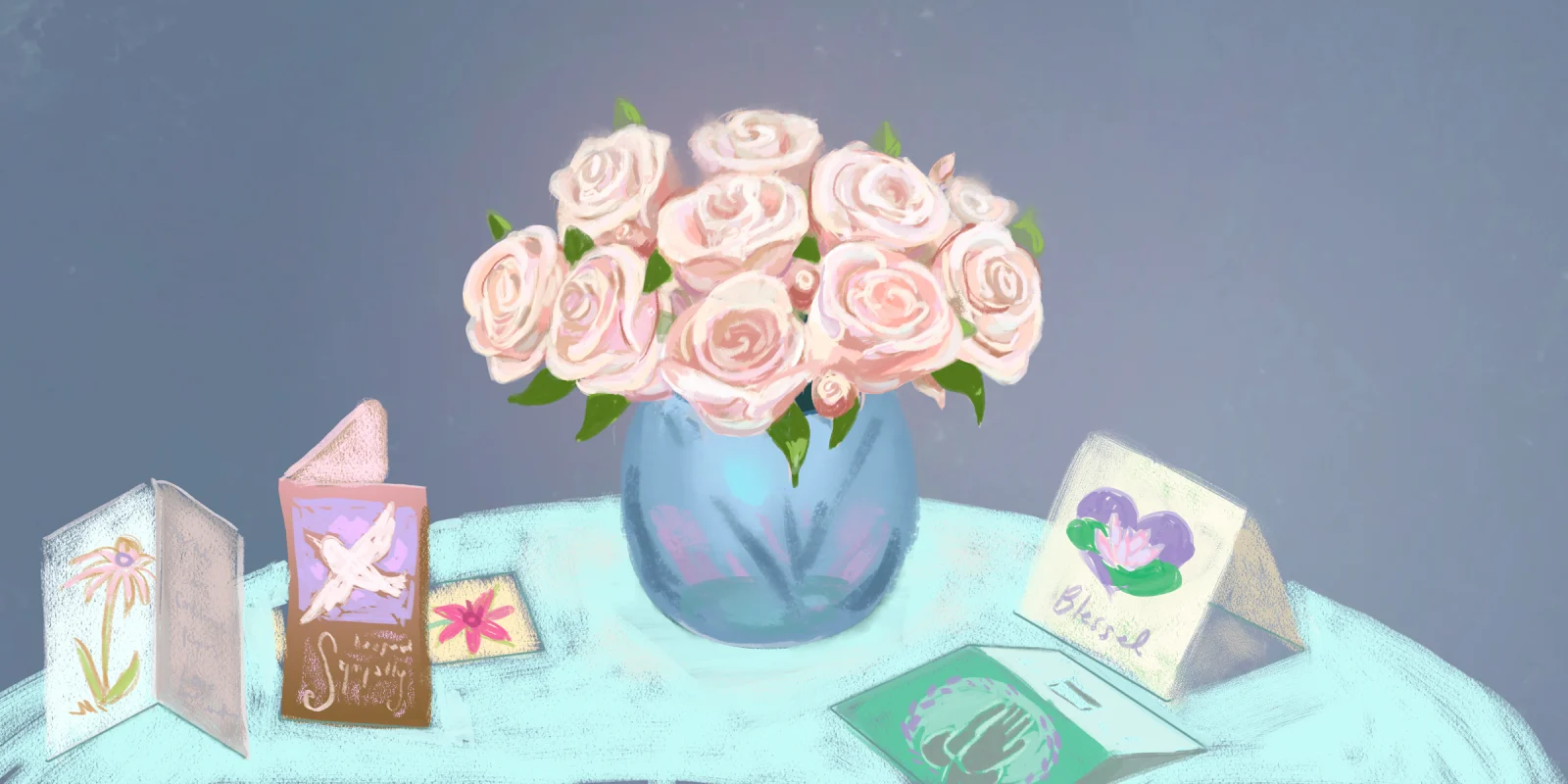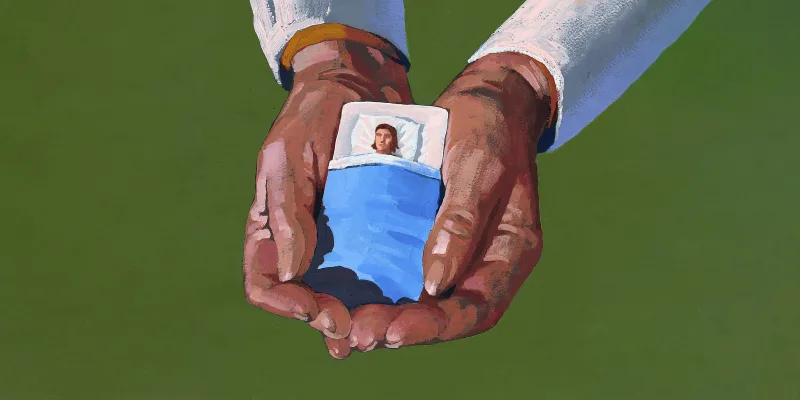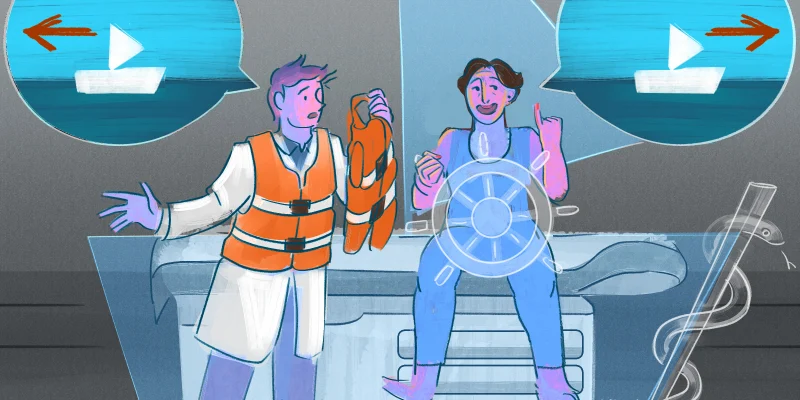The sound of keys, a lock opening, the wrenching sound of a door opening to the outside of where I had been imprisoned. Looking out, hoping for sunshine and blue skies, it was simply overcast. Once coming out from under cover, I felt a rather cold Ohio sprinkle that somehow seemed fitting for the situation, especially for me with no umbrella or quick shelter.
No, I hadn’t been a prisoner but had been imprisoned, sentenced to cancer for two years. Not my cancer, but my unfortunate wife’s. Imprisoned by a thousand fears and experiences, while serving as caregiver, support system, pharmacy inventory coordinator, logistics manager, insurance claims manager, researcher for clinical trials, and specialist in dry ice and cold cap management. And after all that — well honestly, there are only two ways out of such imprisonment.
I guess your heart guides you through an experience like this. The experiences and intimacy of a long marriage of such richness cannot be destroyed, but they make the loss at the spouse’s passing ever more difficult. Still, the caregiving was not without meaning, and certainly the situation brought us closer than we had been in years. Taking the approach of “it’s good till it’s bad” allowed my wife and I to take things one week at a time.
But how to handle the grief, the overwhelming grief I felt for my spouse and for myself? The grief that began the day of the first scan results, starting with the sense that our lives would never be the same, no matter what happened next. The grief compounded with the unrelenting disease resistant to all therapies, oh with wonderful side effects and physical misery that I had to watch. Seeing my physician wife with episodes of transient encephalopathy was particularly galling and devastating.
The key to my survival was finding a way to deal with the grief I was anticipating, not what came daily in differing doses. It was envisioning a point past my imprisonment, where I could think of a good place. A place where I knew there were kind people, good food, beautiful music, and meaningful life. But I had to process the end I knew was coming, which as a physician I knew was inevitable from early on. I had no idea it would be two years, as that was considerably longer than average considering the stage. But my God, what a will to live, trying to still enjoy life — it was inspiring and a counterweight to the grief.
It probably didn’t help that this all coexisted with the peak of COVID-19 and the loss of my job. The latter was not all negative since it allowed me to appropriately ramp up my caregiving when it was needed.
So I felt I was being cut down at my knees, being taken to ground zero emotionally, socially, and professionally. Yes, I was financially OK, but that only gives a certain amount of comfort, especially when you’re wondering what is “living” after your spouse’s passing. Accepting ground zero and rebuilding from there is key to pursuing a new life.
Ground zero actually is an OK place to be — it allows you to be more objective in creating an inventory of all the good things in your life, most of which we take for granted. It has allowed me to be more grateful and thoughtful. It pushed me to strengthen and rekindle friendships and seek new activities while enjoying neglected ones. It made me reflect on what I had and be amazed by that person I was married to for 35 years and appreciate more the great children we had together. I wasn’t expecting to feel this way, as compared to what I thought was just going to be a boatload of badness.
About six months after my wife’s passing, I volunteered to be a caregiver mentor for the Cholangiocarcinoma Foundation, feeling that maybe I could make a difference given my experiences. Much of this essay came from exploring these issues with those individuals who are as devastated and rudderless as I was early on. I was determined to turn my suffering into something good, to not let it get the better of me.
So where else do I go from here? I am trying to have the patience to determine the big issues of resuming my professional career and seeking an intimate partner when I am ready. To be a good father and grandfather to my grieving offspring, ensuring that they don’t worry about me.
So there were no keys, lock, and wrenching door when I left the hospital upon my wife’s passing, but it was lightly raining. I had told the kids I needed to be by myself for a while and I drove to a quaint nearby village. I parked near a bridge over a mill river, and stood on the bridge for a long time. The rain had stopped and as is typical in Ohio, the sky seemed to be changing. I followed the trail into town, and went by a New England-style church. Suddenly the skies opened and the most beautiful scene unfolded. I captured it with my phone and texted it to my kids, telling them I loved them. This was a good omen, that good place I was envisioning all that time. I have had the good fortune to continue to live in that good place.
Dr. Jim Bates is a "not sure he's retired" ophthalmologist from Cleveland, OH. To see photos Dr. Bates has taken of "good omens," please click here and here.
Illustration by Jennifer Bogartz







